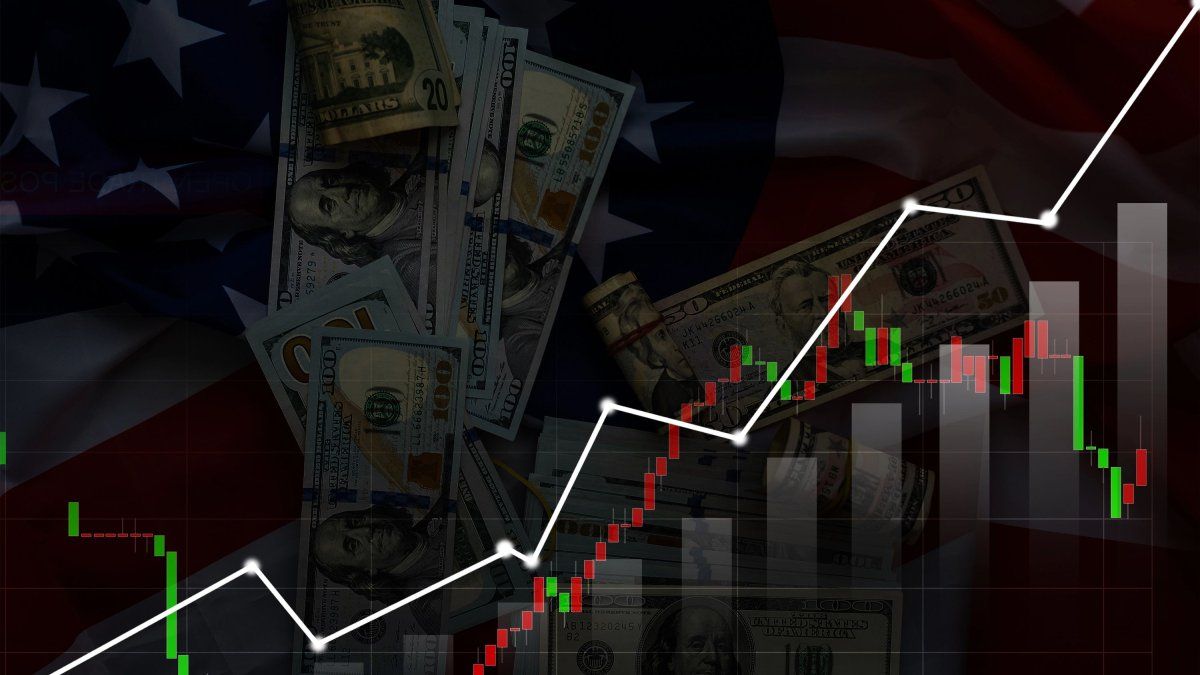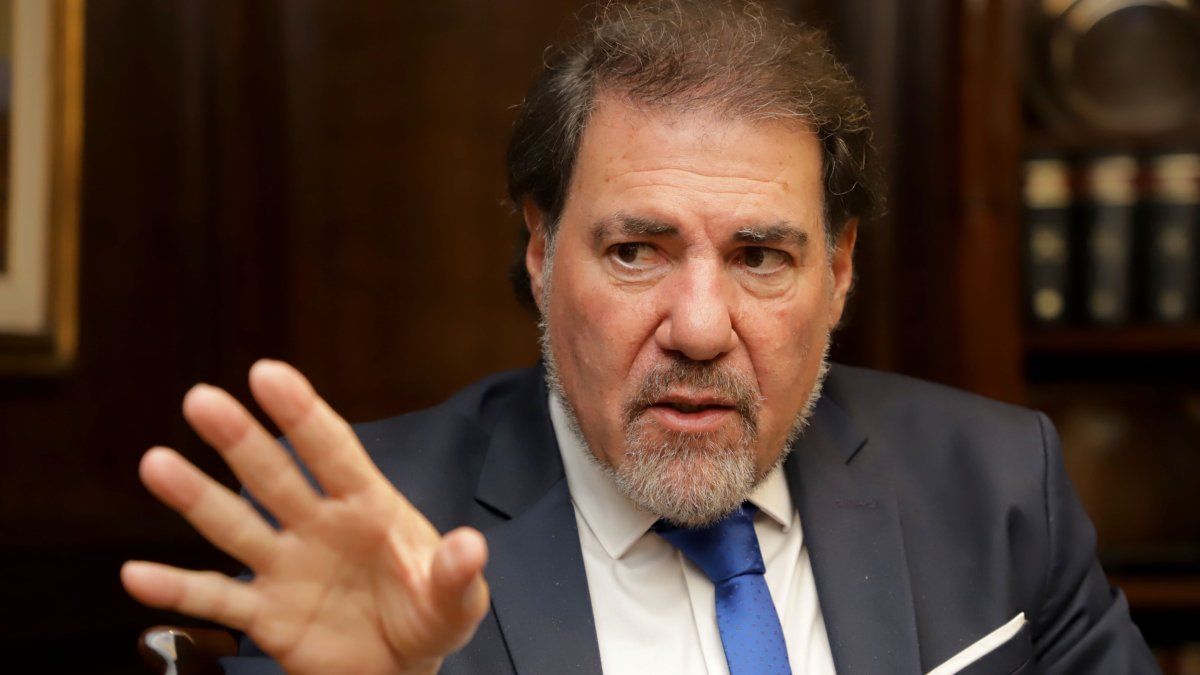Menu
“The investor wants the three powers to work, not only the Executive”
Categories
Most Read
Donald Trump’s help will not prevent Argentina from sinking again and will put the US in trouble
October 23, 2025
No Comments
Damage of over 45 million: New Cum-Ex trial in Frankfurt: Fund manager in court
October 23, 2025
No Comments
The economist who listens the most Javier Milei gave his forecast for after the elections
October 23, 2025
No Comments
Automotive industry: In the midst of an impending chip crisis: VW’s procurement director leaves
October 23, 2025
No Comments
Travel: New Paris railway boss relies on Paris-Berlin night train
October 23, 2025
No Comments
Latest Posts

Urban-village life is emerging on Sintstrasse
October 23, 2025
No Comments
The historic houses in the workers’ settlement will be gutted and revitalized in accordance with listed buildings. Strabag managers Erwin Größ, Ricarda Roth-Ringbauer and Christian

Major global indices hit record highs in October driven by strong balance sheets and economic expectations
October 23, 2025
No Comments
October consolidated itself as a historic month for international financial markets. The main stock indices – the S&P 500, Nasdaq and Dow Jones in the

Positive doping test: Marathon world record holder Chepngetich banned for three years
October 23, 2025
No Comments
PierceI am Pierce Boyd, a driven and ambitious professional working in the news industry. I have been writing for 24 Hours Worlds for over five
24 Hours Worlds is a comprehensive source of instant world current affairs, offering up-to-the-minute coverage of breaking news and events from around the globe. With a team of experienced journalists and experts on hand 24/7.

